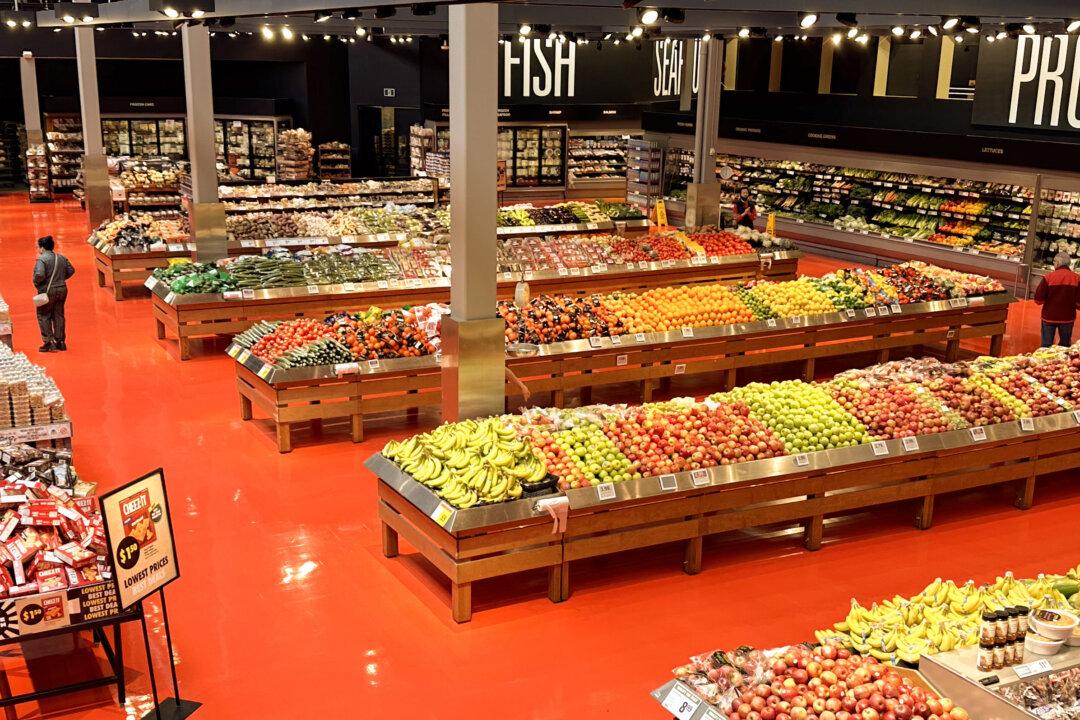Commentary
People prefer to see simple, quick solutions to problems when they encounter them. Unfortunately, most problems are complex and take time to address.

People prefer to see simple, quick solutions to problems when they encounter them. Unfortunately, most problems are complex and take time to address.